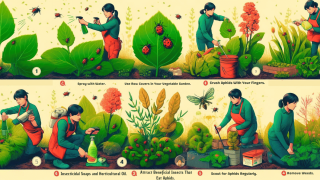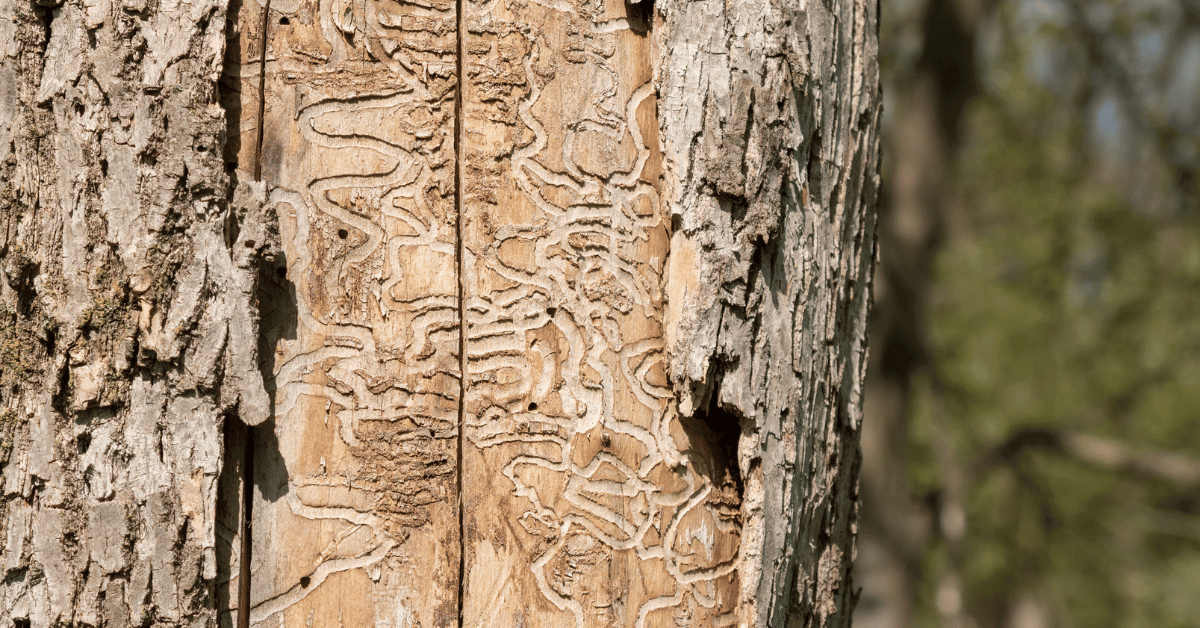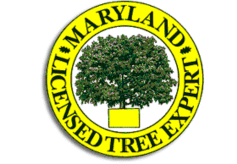Aphids are among the most common pests affecting gardens and trees. These tiny pests can quickly become a major problem due to their rapid reproduction rate, leading to significant damage to plants. Here at Strobert Tree Services, we understand the importance of maintaining healthy trees and plants. This comprehensive guide will cover identifying aphids and outline practical strategies to remove them permanently.
How to Identify Aphids
Aphids are small, soft-bodied insects that can be green, black, brown, pink, or almost colorless. They typically measure between 1 to 10 millimeters in length. One of the easiest ways to spot aphids is by checking the undersides of leaves where they like to congregate. You might also notice a sticky substance called honeydew, which aphids excrete. This can lead to the growth of sooty mold, another sign of aphid infestation.
Additionally, plants infested with aphids may show signs of stress, such as yellowing leaves, stunted growth, or curled leaves. If ants climb up your plant stems, it’s often a sign they are farming aphids for honeydew, indicating an aphid presence.
How to Get Rid of Aphids
1. Spray with Water
A strong jet of water can be surprisingly effective in dislodging aphids from your plants. This method is most effective for mild infestations and can be repeated regularly. Be sure to target the undersides of leaves where aphids tend to hide.
2. Insecticidal Soaps and Horticultural Oil
Insecticidal soaps and horticultural oils are safe for most plants and are effective against aphids by smothering them. These treatments break down quickly and have minimal impact on beneficial insects if applied correctly. Always follow the product instructions for the best results.
3. Crush Aphids with Your Fingers
Simply crushing the aphids with your fingers or a cloth can be adequate for small infestations. This method is immediate and satisfying, though a bit gruesome. It’s essential to be thorough to prevent the population from rebounding.
4. Scout for Aphids Regularly
Regular inspection of your plants is critical to preventing severe aphid infestations. Catching them early makes management much more accessible. Check your plants at least once a week during the growing season, focusing on new growth and the undersides of leaves.
5. Use Row Covers in Your Vegetable Garden
Protecting your vegetable garden with row covers can prevent aphids from accessing your plants. These covers allow light and water while keeping pests out, making them an excellent preventative measure.
6. Remove Weeds
Weeds can host aphids and other pests, so keeping your garden and surrounding area weed-free helps reduce the potential for infestation. Regular weeding is an effective way to keep your plants healthy.
Attract Beneficial Insects That Eat Aphids
Beneficial insects, such as ladybugs, lacewings, and parasitic wasps, are natural predators of aphids. Attracting these insects can help control aphid populations naturally. Planting nectar-rich flowers and herbs, such as marigolds and fennel, can attract these helpful creatures to your garden.
Contact Strobert Tree Services
At Strobert Tree Services, we specialize in comprehensive tree care, including aphid management. We serve the areas of Delaware, Pennsylvania, and New Jersey, offering expert pruning and tree maintenance services. Do not hesitate to contact us if you struggle with persistent aphid issues or other tree health concerns. Our team of skilled arborists is ready to help ensure your trees and plants thrive.
Getting rid of aphids permanently requires diligence and sometimes the help of professionals. Using these strategies, you can protect your garden and enjoy a healthy, vibrant outdoor space. For more information or assistance, contact Strobert Tree Services today.











